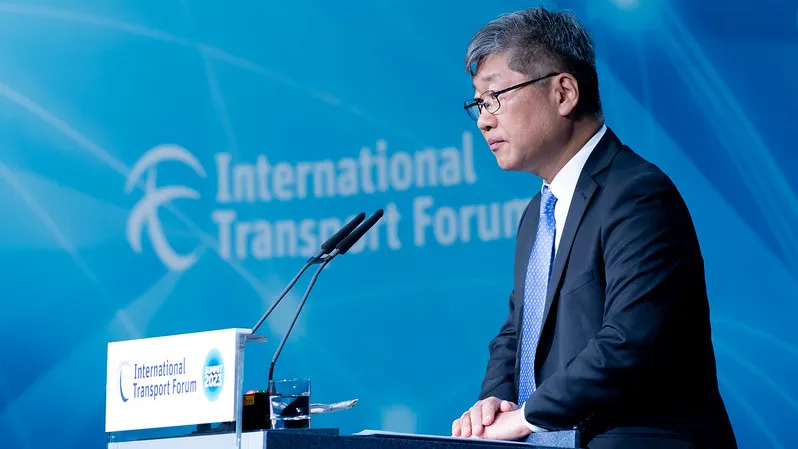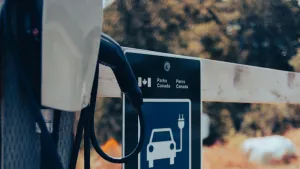
Acting now is key to decarbonising transport, says think tank
The International Transport Forum sounds a wake-up call that current policies only reduce global transport emissions by 3% come 2050.
LEIPZIG, Germany — Think tank, International Transport Forum (ITF), and several experts have called on stakeholders to “act now” in order to decarbonise the transportation sector.
“To reach a port, we must sail… Countries can take different paths to net zero, what counts is we get there in time,” said ITF Director-General Young Tae Kim in his speech at the ITF Summit 2023 in Leipzig, Germany.
Latest data from the ITF showed that if countries stick to their current policies and path, global transport emissions will only be cut by 3% by 2050; however, if stakeholders accelerate their actions to decarbonise transport, the industry can cut CO2 emissions by about 80% come 2050.
The ITF’s latest Transport Outlook also highlighted that if more is done now, it will take 5% less investment to develop core infrastructures such as rail lines, roads, and ports.
In a plenary discussion, Shell Marine President Melissa Williams underscored that stakeholders must invest in technologies that are available today, rather than wait for the "perfect" technologies.

“Let us not let good be the enemy to great. There are things we can do today that are least expensive such as energy efficiency technologies [and] LNG, which, albeit fossil, [produces] 20% lower [emissions] than the alternative,” Williams said.
“When you add that, in addition to the energy efficiency technology, that’s a significant reduction. Let’s start utilising what’s already here,” she added.
To accelerate progress in the transport sector’s decarbonisation, ITF urged policymakers to develop comprehensive strategies for future mobility and infrastructure.
“Instead of providing infrastructure as a reaction to predicted demand, governments should provide a ‘decide and provide’ approach to invest with a view to achieving certain public policy objectives,” the think tank’s report read.
Also contained in the ITF report is an appeal to governments to accelerate their transition to clean vehicle fleets.
In Southeast Asia, Singapore is amongst the leaders of electric vehicle (EV) adoption. Data from Bain & Company showed that EV accounts for 12% of new car sales in the Lion City.
“Clean travel is not about traveling less, but traveling differently,” United Kingdom’s Transport Secretary, Mark Harper, said in the ITF Summit 2023.

Other recommendations of the ITF include implementing mode shift and demand-management policies where they are most effective; considering additional benefits for urban areas when evaluating policies; and reforming vehicle taxation to capture external costs of new vehicle fleets.
Volker Wissing, Germany’s Federal Minister for Digital and Transport, for his part, advised stakeholders to provide offers and solutions that people like using, instead of presenting them with harder rules to comply with.

“Let’s make life easier, provide a new kind of mobility that is fun to use. Mobility means quality of life,” Wissing said.
In the race to decarbonise the transportation sector, Asia, like the rest of the world, faces a pressing call to action in a way that views the future with the fervour to enhance the quality of life and commit to a sustainable journey.












